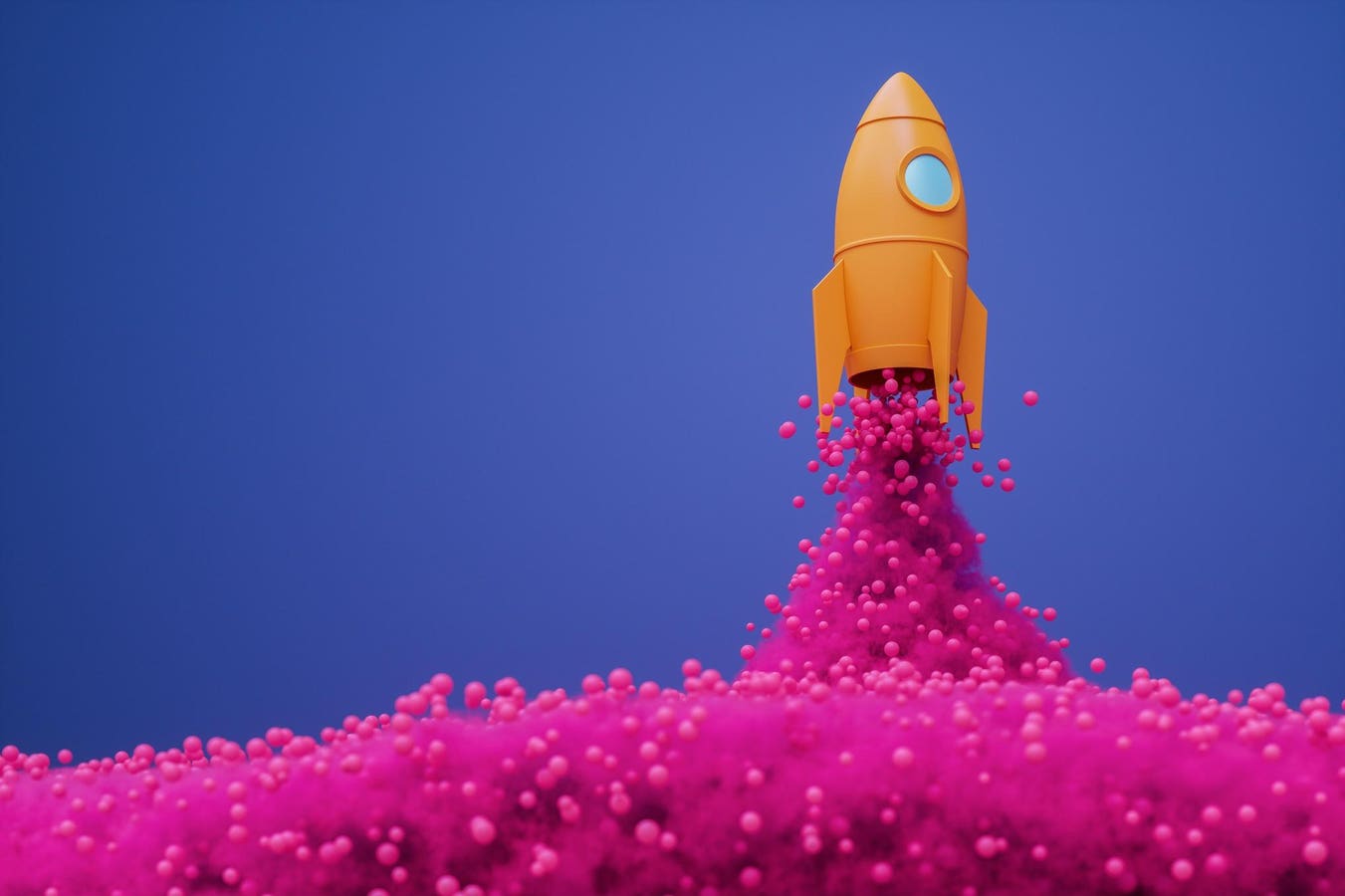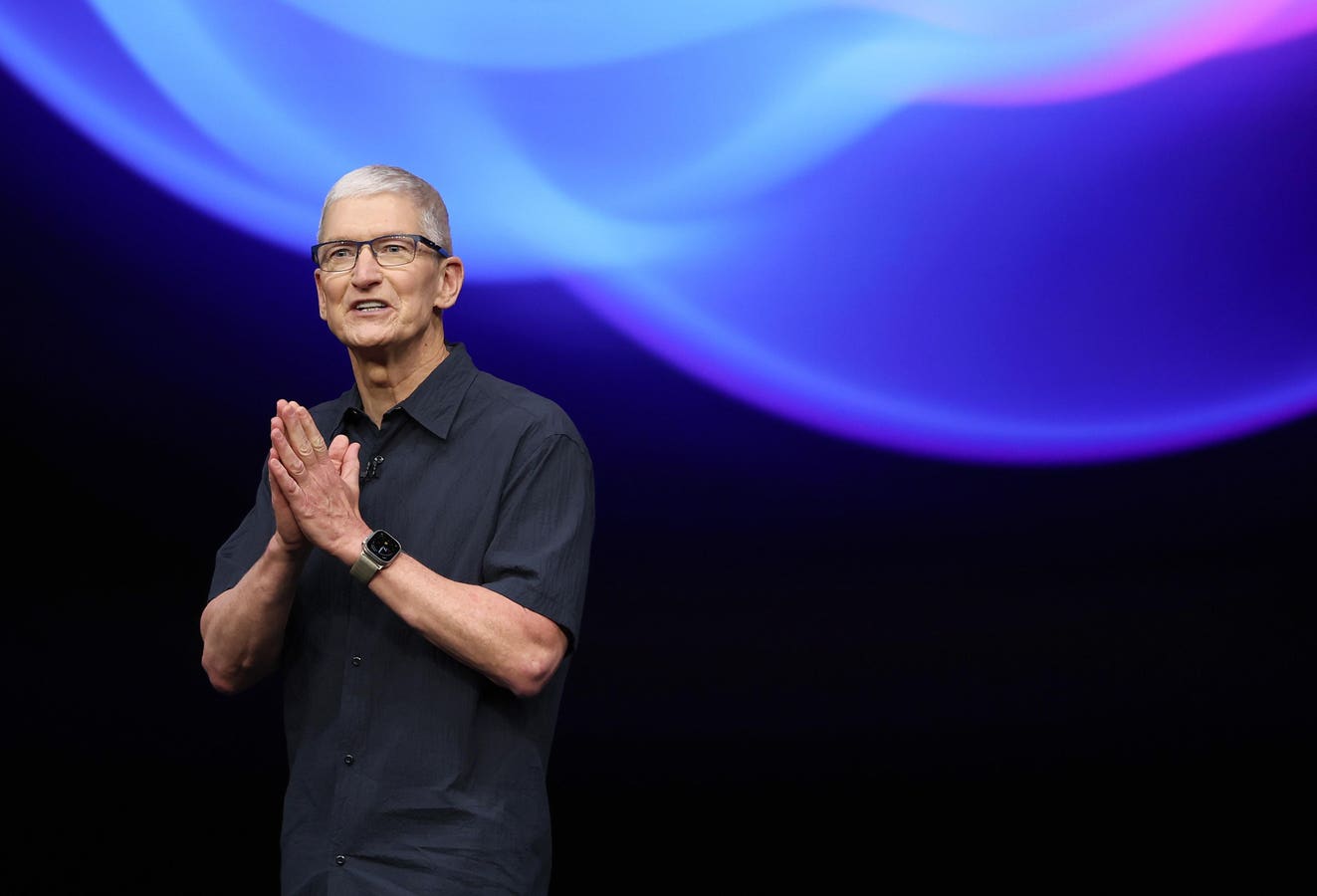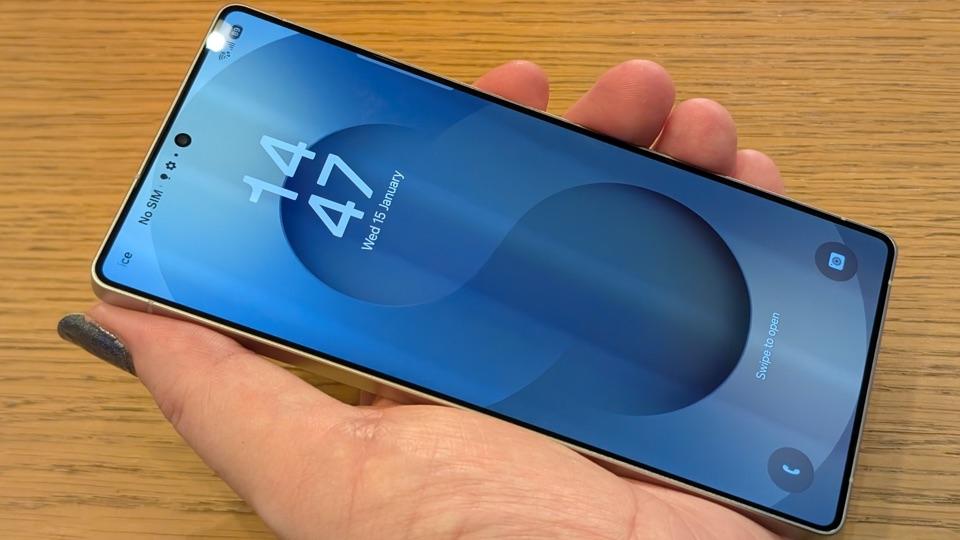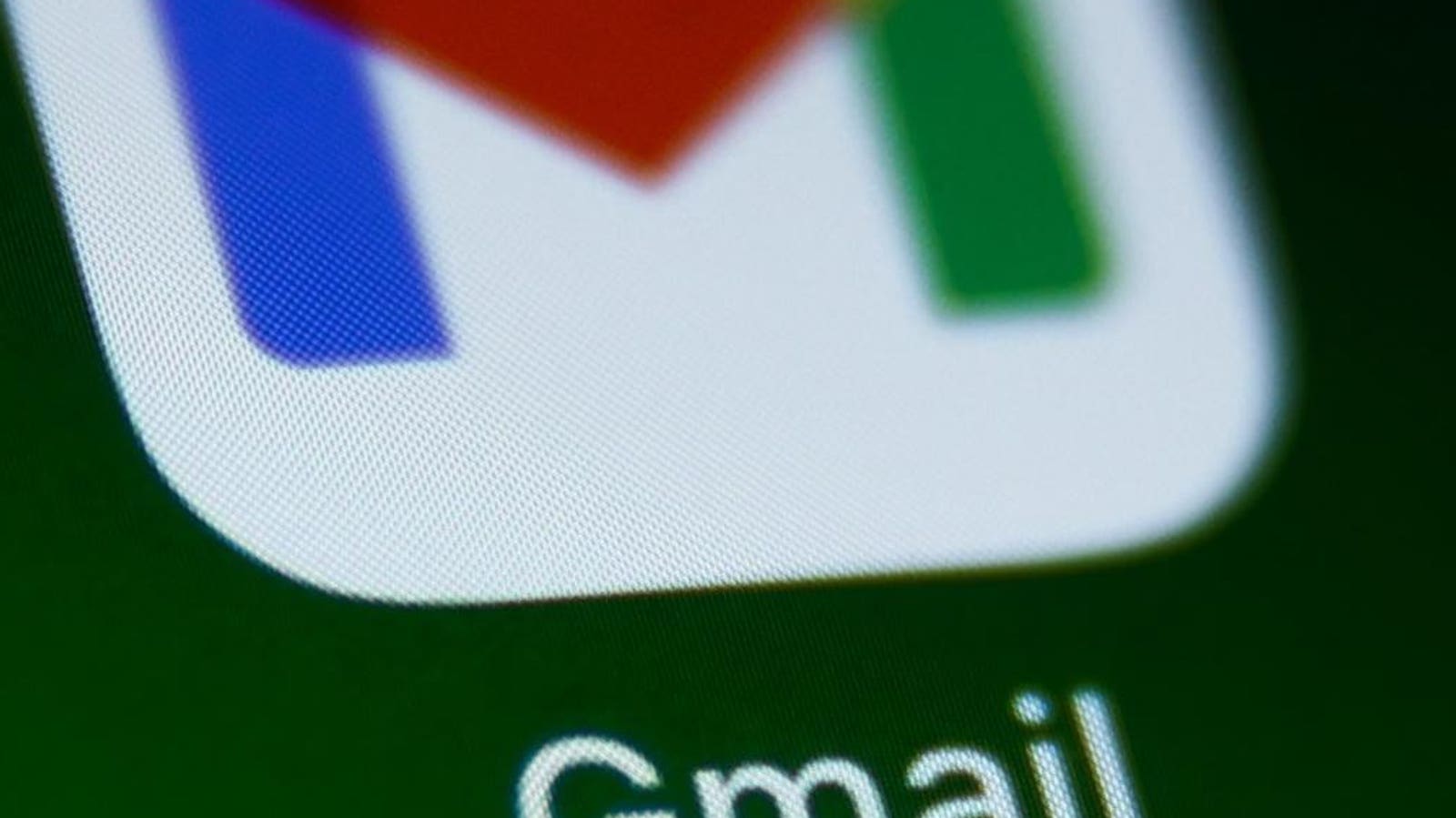A stylized rocket launching in an abstract environment, surrounded by vibrant colors. As the rocket … More
The world of venture-backed startups is fast-paced, high-pressure, and often unpredictable. Founders and teams juggle everything from fundraising and investor meetings to product pivots and relentless execution—often with little sleep and even less certainty.
But beyond the spreadsheets and pitch decks lies a powerful (and often underrated) force: creativity. Some of today’s most innovative startups aren’t just disrupting industries with their products—they’re also pushing boundaries in how they market themselves.
From bold brand storytelling to guerrilla marketing, these recent campaigns by VC-backed startups prove that smart, edgy marketing can be very impactful.
These three companies show that while traditional campaigns may feel outdated to some, in the right hands, they can become extraordinary.
“We didn’t want to add to the AI noise. We wanted to make people laugh.”
In an era where AI startups flood the market with technical jargon and indistinguishable messaging, Tennr — an AI-powered platform automating referral-based care — chose a refreshingly bold path: humor.
“Marketing is critical for tech companies today, especially given the AI boom we’re experiencing. ‘AI-powered’ and ‘Agentic AI’ startups are saturating the market, and every company is starting to sound the same. We didn’t want to contribute to that noise,” says Mia Vandermeer, Content & Brand Marketing Manager at Tennr.
Fresh off a $101 million Series C led by IVP, with backing from Andreessen Horowitz, Lightspeed, GV, ICONIQ, Foundation Capital, and Frank Slootman, the company has tripled its revenue since its Series B and processed millions of patients through its referral orchestration platform. But instead of leaning into AI buzzwords, Tennr launched its first-ever ad campaign with an unlikely star — the fax machine. Cheekily titled Fax It, the campaign embraces the legacy of fax in healthcare with wit and self-awareness: “If you can’t beat the fax, embrace it — and make it smarter.”
“We didn’t want to add to the AI noise. We wanted to make people laugh,” says Vandermeer. The campaign, intentionally crafted without generative AI, relied on human creativity to build emotional connection and brand personality — rebellious, self-deprecating, approachable, and fun.
The result? “It worked,” Mia shares. “The campaign sparked organic buzz, resonated with healthcare professionals, and helped Tennr stand out in a crowded B2B environment often criticized for being dry.”
Kegs for Pregs from Liquid Death
Just over a year ago, Liquid Death — a canned water company known for its rebellious branding — closed a $67 million funding round at a $1.4 billion valuation, bringing its total venture backing to more than $267 million. Notably, this success comes in a category many investors tend to avoid: beverages. With that kind of complexity, you have no choice but to stand out — and that’s where marketing comes in. The company’s bold strategy recently took shape in a campaign that turned heads and defied norms.
“It started with a true insight — hydration is even more important during pregnancy,” explains Dan Murphy, SVP of Marketing at Liquid Death.
The “Kegs for Pregs” campaign concept focused on promoting hydration during pregnancy by featuring visibly pregnant influencer Kylie Kelce — creator and host of the Not Gonna Lie podcast — in a playful Irish pub setting, accompanied by a festive soundtrack. The campaign was timed to launch around St. Patrick’s Day for maximum cultural relevance and impact.
“At the time of filming, Kylie was actually seven months pregnant and a genuine, big fan of our mountain water,” Murphy says. “Ultimately, the campaign’s more than 3 billion earned media impressions, along with exclusivity on her podcast, did a great job hitting our goal of informing head-of-household moms about Liquid Death.”
Give Us the Finger with Oura Ring
Oura, the Finnish health tech company known for the Oura Ring—a smart ring used to track sleep and physical activity—has emerged as a category-defining force in wearable wellness. In 2024, the company reached a $5.2 billion valuation following a $200 million Series D funding round, with participation from major investors including Fidelity Management and Dexcom.
Now, Oura is pushing beyond performance metrics and into cultural conversation with its latest brand campaign and national TV spot. “Aging isn’t the enemy—it’s the aspiration,” says Doug Sweeny, Chief Marketing Officer at Oura.
The campaign challenges conventional narratives by reframing aging not as a decline, but as something to strive for. “This campaign invites people into a thoughtful conversation around health—empowering them to take proactive ownership of their wellbeing at every stage of life,” Sweeny adds.
Celebrating both the iconic design of the Oura Ring and its precise placement on the index finger, the campaign is an invitation to wear your commitment—to live fully, age intentionally, and take control of your health across every chapter.
Why This Matters
In a world where attention is currency and brand trust drives adoption, storytelling is a strategic asset. These campaigns show a different approach—one where creativity isn’t an afterthought, it’s a differentiator. Each of these brands harnessed marketing not just to promote a product, but to articulate a worldview. In doing so, they didn’t just earn impressions—they earned emotional equity.
For founders, the message is clear: what you build matters, but how you communicate it might matter even more. Companies that can craft a compelling narrative—and make people feel something—are more likely to rise above the noise, win loyalty, and own the category conversation.









